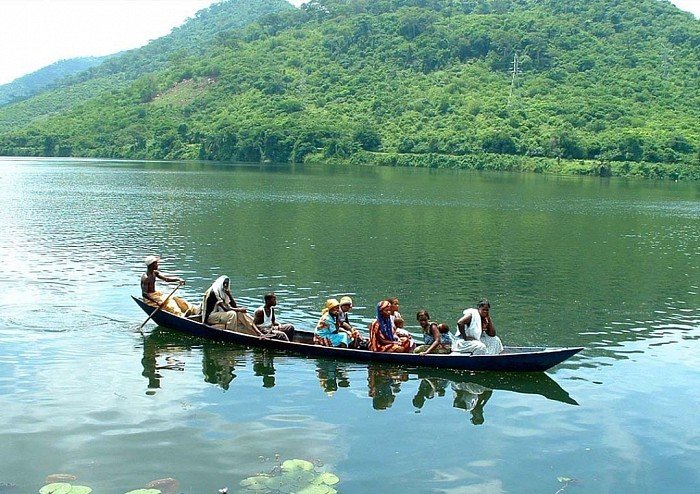Given its extensive geographic and socio-economic reach, the travel and tourism sector may serve as a robust funding and advocacy tool to protect fragile ecosystems and indigenous communities, and to support biodiversity conservation, climate action and social inclusion (Regen Hospitality, >2020>).
>This regenerative approach thinks of travel and tourism as a healing force and a change agent to revitalize human and natural ecosystems (Regenerative Travel, >2020>). Achieving such an ambitious objective requires a shift in our economic model and societal paradigms to evolve from seeking “sustainable” growth in volume to pursuing a more qualitative development that fosters human health and wellbeing through ecosystems’ health.

All stakeholders in the tourism value chain, including travelers, businesses, workforce and communities have a shared responsibility in preserving the local assets and enabling the destination as a whole to flourish. According to United Nations, regenerative tourism principles that draw upon nature’s wisdom are as follows:
- Holistic understanding and living-systems approach: Acknowledging that everything is interconnected and interdependent, and understanding the nature and quality of the interactions between every stakeholder throughout the entire tourism value chain, as well as howing their influence each other and the entire ecosystem.
- Collaborative: Fostering collaboration and partnerships between a wide range of stakeholders from governments, to the private sector, to the voluntary sector, and the communities. Challenging the current competitive mindset that governs our dominant economic systems.
- Diverse by nature: Securing various revenue streams to ensure that ecosystems and communities are less reliant on tourism income and diversifying between the different segments of the market – leisure vs. business and domestic vs. international – to reduce various economic and geopolitical risks and enhance resilience.
- Inclusive and equitable: Involving the local communities to strengthen the overall ecosystem through, for example, collaborating with local suppliers; asking around who needs rooms and space; considering supporting refugees or homeless people.
- Transformational and inspirational: Creating authentic, immersive and meaningful experiences for the guests that bring forward the uniqueness of each place and offering activities that showcase the cultural heritage, folklore, gastronomy, local landmarks and wildlife responsibly.
- Environmentally responsible: Responsible environmental stewardship through the management of natural resources and biodiversity and the protection of fragile landscape and wildlife, using an ecosystemic, circular and non-extractive approach.
- Cultural stewardship: Protection of local cultural heritage and traditions and indigenous people and ethnic groups who happen to be the best guardians of biodiversity and natural ecosystems thanks to their ancient wisdom and knowledge passed on from generation to generation.
New narratives and business practices
Regenerative tourism offers a groundbreaking set of solutions to rethink and rebuild the tourism industry in a way that builds long-lasting capabilities and strengthens resilience for its direct and indirect stakeholders during and beyond the crisis. It also revitalizes local economies, preserves local cultures and biodiversity while offering memorable, authentic transformative experiences to the guests and allowing destinations to flourish.
The time has come for leaders in tourism to be encouraged to strengthen their agility and resilience capacities grounded in a deeper understanding of the complex ecosystems in which we operate and a sense of the interconnectedness of all life. The successful recovery of the industry calls for new narratives and business practices that encourage a complete shift and new leadership norms.
Source: EHL







0 Comments